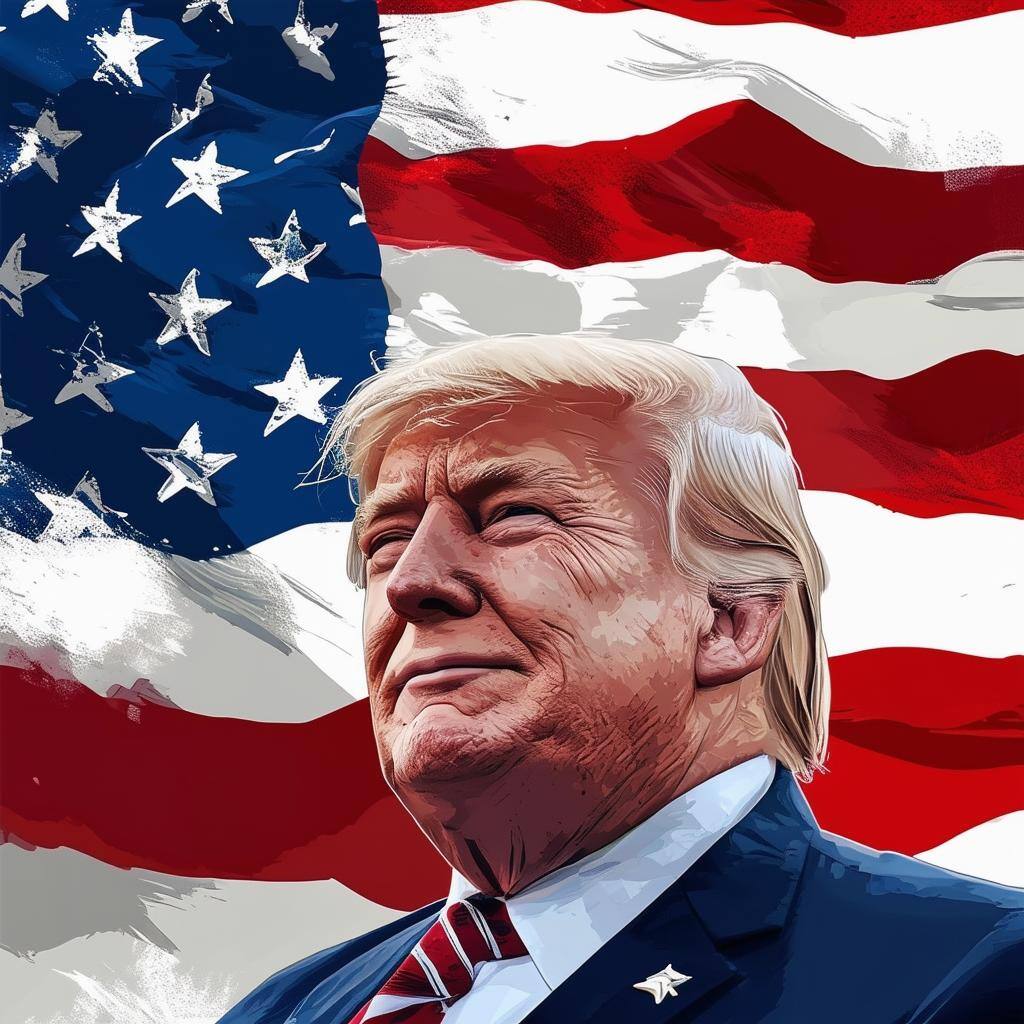
In February 2025, President Donald Trump issued Executive Order 14204, titled “Addressing Egregious Actions of the Republic of South Africa,” in response to South Africa’s Expropriation Act 13 of 2024. This executive order not only cut off funding to South Africa but also empowered the Secretary of State and the Secretary of Homeland Security to prioritize humanitarian relief, including admission and resettlement through the United States Refugee Admissions Program (USRAP) of “Afrikaners” in South Africa “who are victims of unjust racial discrimination”.
Eligibility Criteria and Application Process
To be considered for resettlement under this program, applicants must meet specific criteria:
- Be of South African nationality.
- Identify as Afrikaner or belong to a racial minority in South Africa.
- Demonstrate past persecution or a well-founded fear of future persecution.
Applicants are required to complete and submit a Statement of Interest form, even if they have previously contacted the U.S. Embassy or other U.S. government entities. Given the high volume of interest, responses may be delayed.
From Refugee to Permanent Resident
Admitted applicants enter the U.S. as refugees. This grants them the legal right to live and work in the country immediately. They also become eligible for resettlement assistance, including healthcare and job placement services. However, refugee status is temporary, lasting just one year. After that, refugees must apply for a green card to remain in the U.S. permanently.
A green card, formally known as a Permanent Resident Card, allows refugees to:
- Live and work in the U.S. indefinitely
- Travel abroad and return to the U.S. more easily
- Sponsor certain family members for their own green cards
- Apply for U.S. citizenship after five years
However, it’s not automatic. Former refugees must file Form I-485 (Application to Register Permanent Residence), undergo another round of background checks, and show that they haven’t broken any laws or committed immigration fraud.
Green card holders do not vote in federal elections, but they are protected under U.S. law nearly as fully as citizens. For many, this is the most critical step in the immigration process.
What Now?
The Afrikaner Refugee Program remains open. The first 59 white South Africans landed on U.S. soil in May 2025. They were fast-tracked—screened by U.S. officials rather than the United Nations High Commissioner for Refugees, which would normally oversee such resettlements. Critics called it politically selective. Supporters called it overdue.
Applications are still being accepted. However, high interest has clogged intake lines, and applicants are warned they may wait months for a response. Meanwhile, the criteria stand: show your case, prove your risk, and be ready for close scrutiny.
Need Guidance on U.S. Residency?
The Afrikaner Refugee Program represents a significant shift in U.S. refugee policy, focusing on a specific demographic based on claims of racial discrimination in South Africa. While the program offers a pathway to safety and eventual citizenship for eligible individuals, it also raises questions about the criteria used for refugee admissions and the potential implications for broader U.S. immigration policy.
Pollak PLLC has extensive experience in immigration law and can provide personalized assistance to those interested in applying for a green card or naturalization. For a confidential consultation, contact us at (214) 305-2266.

-3.png)


